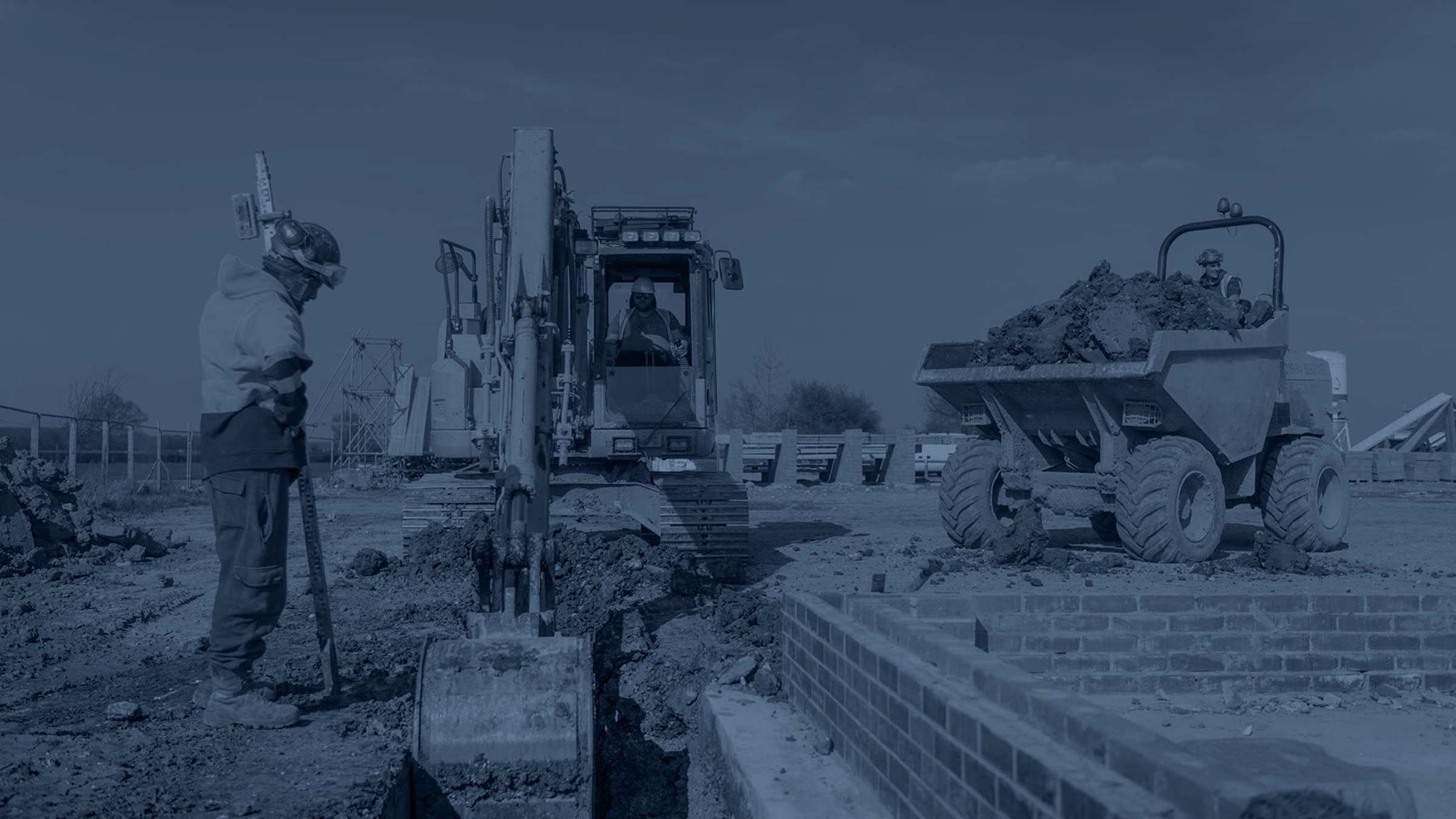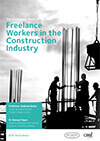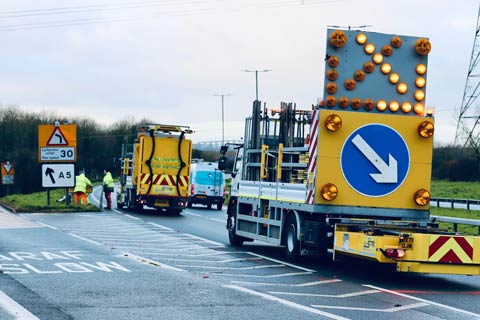8th November 2019 | David Jackson
I read an article the other day announcing that four major contractors are to trial flexible hours for site workers.
The initiative was launched with consultants Timewise whose CEO Emma Stewart was quoted as saying: “Many people think flexible working in the construction industry, with its long hours culture, deadline-driven mentality and physical demands, is simply impossible.”
While this might well be the case with contractors that adopt a “fully employed” approach to construction management, it leads me to believe Ms Stewart has yet to explore sites where freelancers are at work.
After all, to see successful flexible working in construction, you need look no further than the 850,000 freelance builders who bring their specialist skills to sub-contracted elements of major projects.
And there is nothing mysterious about it:
- When its busy, they work
- When they choose downtime, they don’t work
- If bad weather means they can’t work, they stay home and absorb the financial risk in projects by way of earning nothing
Or as a construction manager told me only last week, “The brickies on our sites pack in around Thursday lunchtime at present. They’ve earned what they set out to earn by that time of week, and are ready to move onto some domestic work.”
What about the long hours? Not at this time of year for those whose work takes them outside and under the elements. Wet trades need four degrees and rising before outdoor work can happen, and with darkness before five o’clock, you’d need to be under cover on a fully illuminated site to carry on and do your job.
Deadline-driven? Who amongst the major contractors has work with the luxury of ‘Please finish it when you can’ tagged to the contract? Of course construction is deadline driven! Handovers are expected to meet client needs. Time is money, and delays always costs either the client or contractor, and usually both. Fortunately, freelancers are fully accustomed to working additional hours to meet deadlines, and are well rewarded for doing so.
Physical demands? Yes, some trade activities are sheer hard graft. But with the emphasis on increased site safety and the evolution of better working practices over recent decades, along with increased off-site pre-construction, physical demands are less demanding than they used to be. For example, bags of cement weigh half what they used to when I worked on sites, and no quibbles about that!
Whilst I applaud the initiative in the sense of taking a fresh look at flexible working, I hope Timewise will pay some attention to the 850,000 self-employed construction workers who have already achieved this. The findings of Economics Professor Andrew Burke and his paper Flexible Working in the Construction Industry would be an excellent starting point
The 16-month project, incidentally, has the rather grand title of The Construction Pioneers and it is being ‘steered’ by the trade body Build UK. Perhaps someone could let me know if the initiative has had any direct or indirect funding from the CITB?





